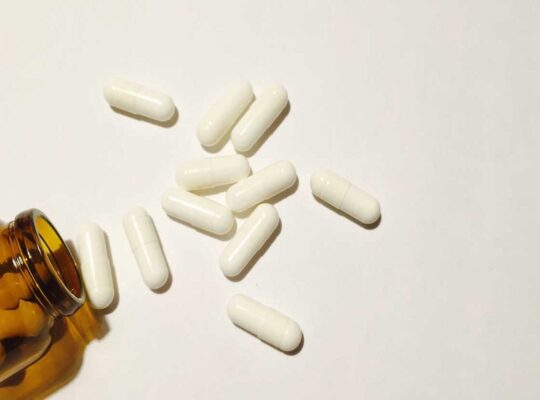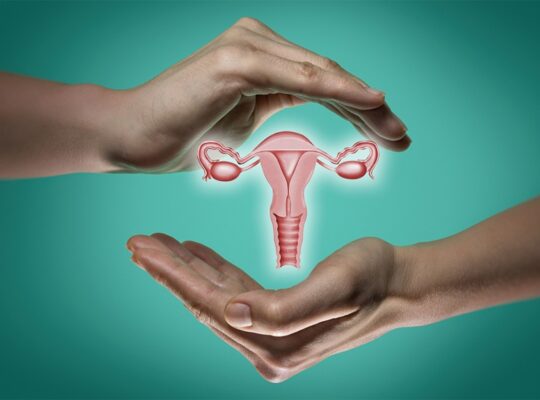What is riboflavin and where can I find it?
Riboflavin is actually part of the group of B vitamins. Vitamin B2 if we want to be specific with it. Like the vitamins above, riboflavin is a water-soluble vitamin, which means it cannot be stored in muscles or cells, so it must be consumed daily, whether through dietary supplements or food. Riboflavin is found naturally in foods and is also produced abnormally. Either method is perfectly acceptable, but many athletes decide to go the supplementation route for ease of consumption and instant restoration.
Riboflavin (Vitamin B2) can be found in many food products we eat every day, but just check the labels to make sure you’re hitting those ADRs, otherwise get yourself supplements. Either way, riboflavin is found in natural yogurt, milk, spinach, almonds, eggs, quinoa, mushrooms, salmon, and even kidney beans.
How Does Riboflavin Help Muscle Gain And Recovery?
Riboflavin or vitamin B2 is an important vitamin that you should consume with your diet or supplementation. It is a vitamin that people often overlook. That’s why supplements like the 24/7 Multivitamin, which contains vitamin B2, should be added to your budget, but how can this powerful vitamin help with muscle gain and recovery?
Riboflavin is associated with the extraction of energy from food
Riboflavin has been associated with the extraction of energy from food and is involved in energy metabolism. We talked a bit about metabolism above, but for those who skipped (we know who you are), here’s a quick recap. Many people think of metabolism as a way to burn calories and you’re right, but it’s a little different. Basically, this form of metabolism is the process of breaking the bonds in food so that we can then take in and absorb energy through our bloodstream. Riboflavin contains several These coenzymes play a major role in the production of energy, cell function, growth and development and fat metabolism Over 90% of riboflavin is in the FAD or FMN form, showing the importance of supplementation or getting it through the foods we eat.
Riboflavin helps improve cardiovascular health
Riboflavin has been found to improve cardiovascular health. If you want to stay fit and healthy, you should put it at the top of your checklist. Riboflavin is essential for the synthesis of new red blood cells and for the regulation of homocysteine levels in the blood. For those who don’t know, red blood cells help carry oxygen to our muscles for energy production and homocysteine levels are amino acids. If these levels are too high in the blood, it can damage the arteries and increase the risk of heart disease (Hoey, 2009). By consuming riboflavin in the form of supplementation or food, it helps maintain homocysteine at healthy levels. Riboflavin has also been shown to protect your cells against oxidative stress, which occurs during intense exercise. Maintaining a healthy heart should be a priority for people who engage in physical activity, whether it’s running, contact sports or weight lifting. Sure, you want to build those muscles, but your heart is what keeps you going.
5) Vitamin A
What Is Vitamin A?
Vitamin A is last on the list, but that doesn’t make it the least important. As we said before, don’t think of this list as a “first is best” list, they are all extremely important and should be added to your supplement pile. Anyway, vitamin A, unlike the above vitamins, is fat soluble. This is a fancy way of saying that they are absorbed with fat in the body which can then be stored in fatty tissue. Since vitamin A is stored, it does not need to be consumed and refreshed every day. However, if you’re an active individual, chances are you’ll be using your stores anyway, so it’s important to top them up daily.
Vitamin A is another vitamin that our body cannot produce naturally. That’s why we need to get it from the foods we eat or from supplements. Vitamin A can be found in foods such as sweet potato, carrots, spinach, broccoli, salmon, beef and many more. For ease and convenience, many athletes choose to take vitamin A, which can be taken as vitamin A tablets or as a multivitamin.
How does vitamin A help muscle gain and recovery?
Vitamin A is a powerful antioxidant that has many benefits for overall health and well-being. It can be easily consumed with supplements, although many users are unaware of its potential benefits for gaining muscle mass and aiding recovery. Take a look below, you might be surprised.






